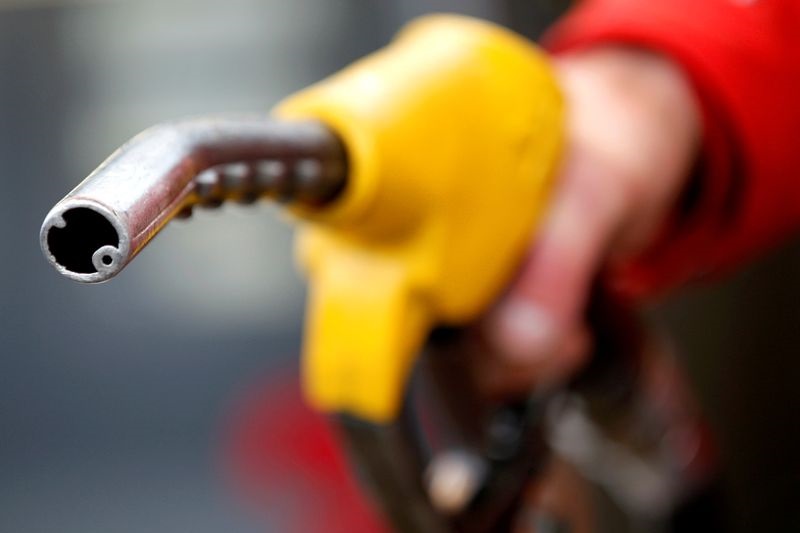This post was originally published on this site

LONDON (Reuters) -BP reported on Tuesday a rise in third quarter profit, lifted by oil and gas prices and a strong trading performance, allowing it to expand its share buyback programme by more than a billion dollars.
Natural gas and power prices around the world surged this autumn as tight gas supplies collided with strong demand in economies recovering from the COVID-19 pandemic.
BP (NYSE:BP) said it expected natural gas prices to remain strong in the coming months of peak winter demand.
Underlying replacement cost profit, the company’s definition of net earnings, reached $3.32 billion in the third quarter, BP said, exceeding analysts’ expectations for $3.06 billion.
That compares with $2.8 billion in profit in the second quarter and $86 million a year earlier, when energy demand and prices collapsed due to the coronavirus epidemic.
The results were boosted by “very strong trading” which helped BP weather large fluctuations in gas and liquefied natural gas (LNG) prices throughout the quarter.
Reuters reported last month that BP’s trading arm made at least $500 million in the quarter.
“Rising commodity prices certainly helped, but I am most pleased that quarter by quarter, we’re doing what we said we would – delivering significant cash to strengthen our finances, grow distributions to shareholders and invest in our strategic transformation,” Chief Executive Officer Bernard Looney said.
The company said it will repurchase a further $1.25 billion of its shares by early 2022, after buying $900 million during the third quarter. BP had vowed to use 60% of its surplus cash to boost shareholder returns.
BP’s net debt fell further to $32 billion from $32.7 billion in the second quarter.
The long-term outlook for fossil fuel demand however remains uncertain as world leaders gathers this week in Glasgow, Scotland for a U.N. conference critical to averting the most disastrous effects of climate change.
BP plans to sharply reduce its carbon emissions in the coming decades by increasing its renewable power capacity 20-fold by 2030, while reducing its oil output by 40% and diverting more funds to low-carbon investments.


